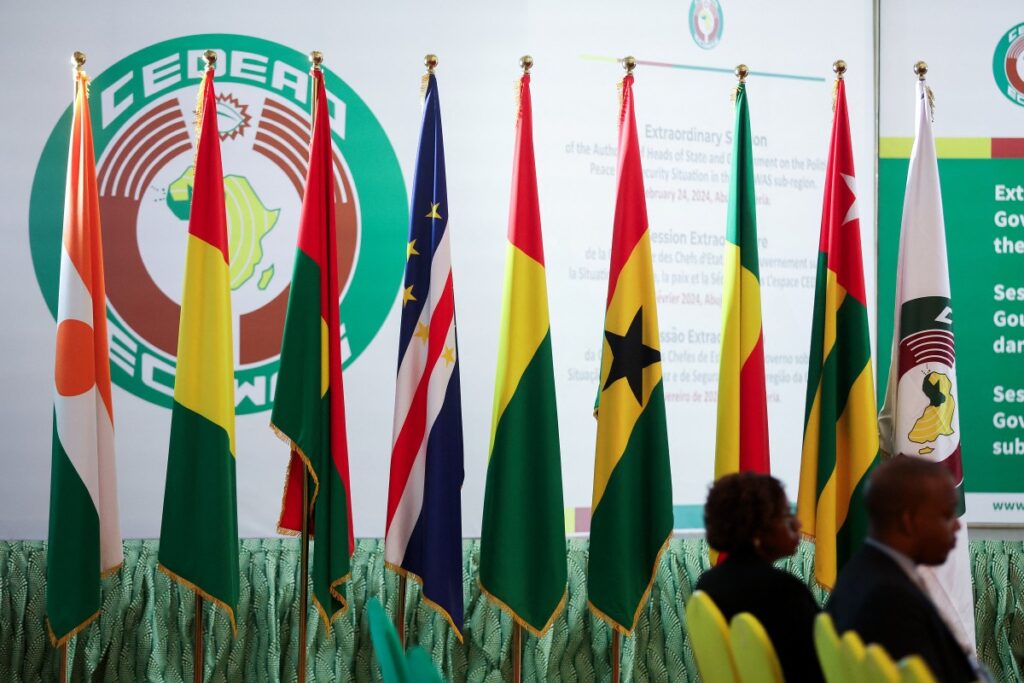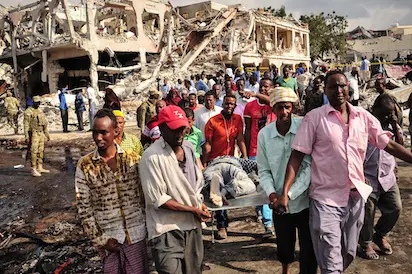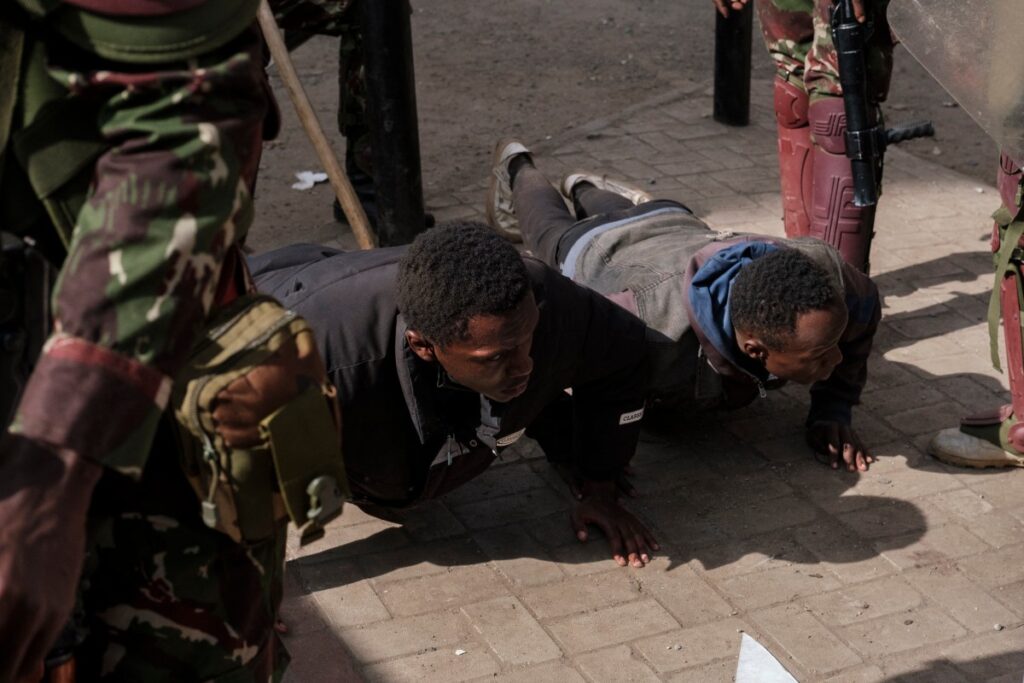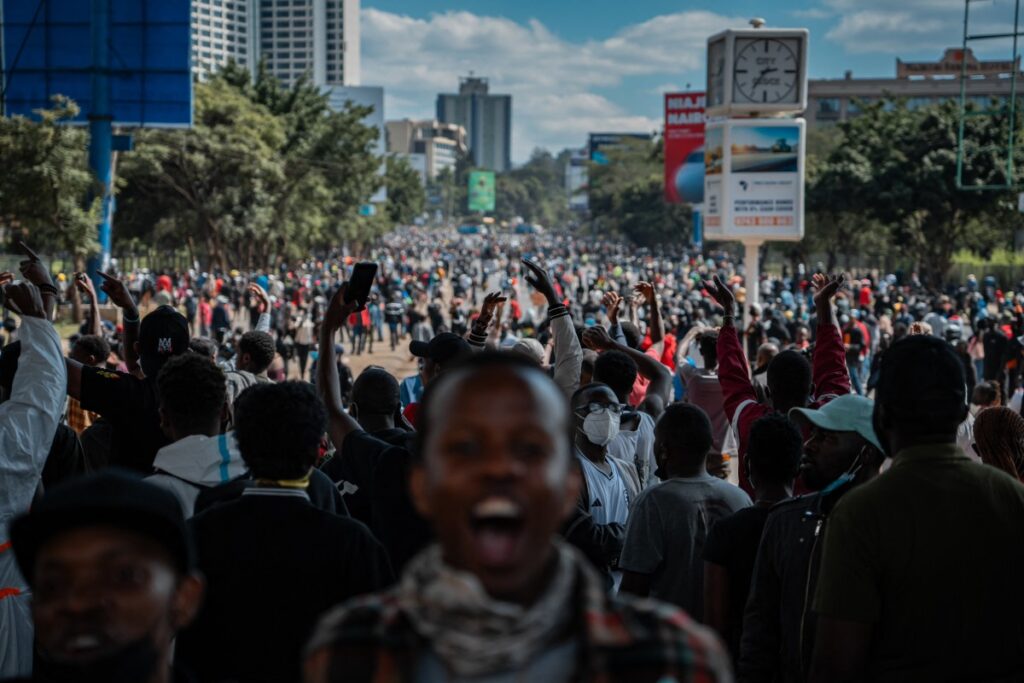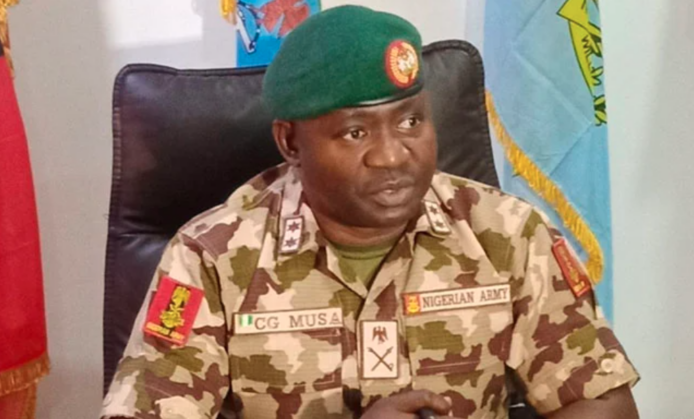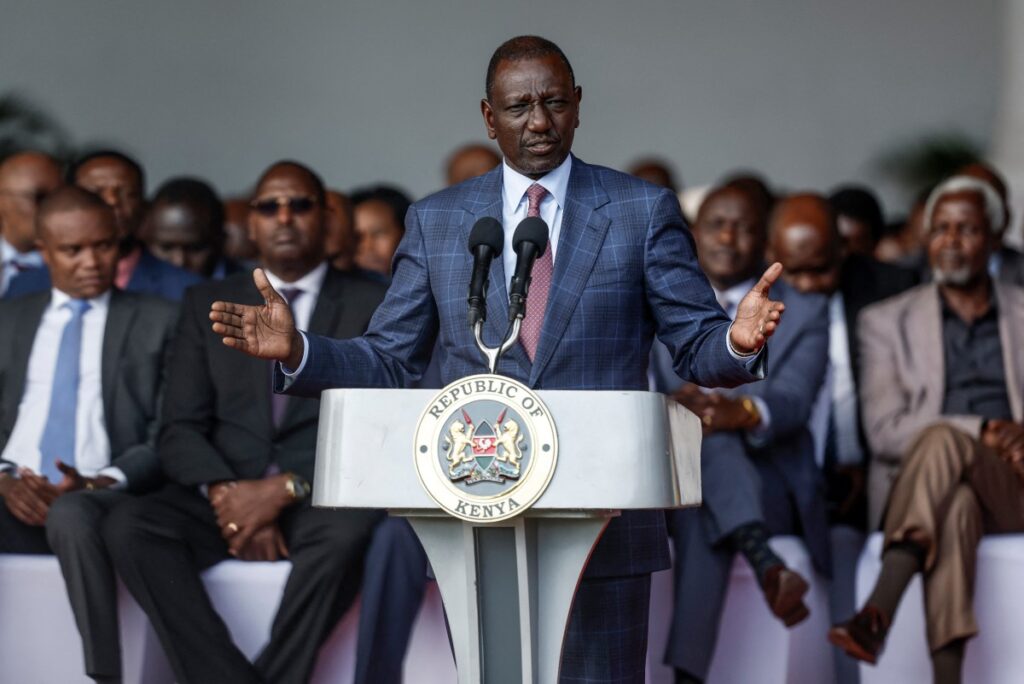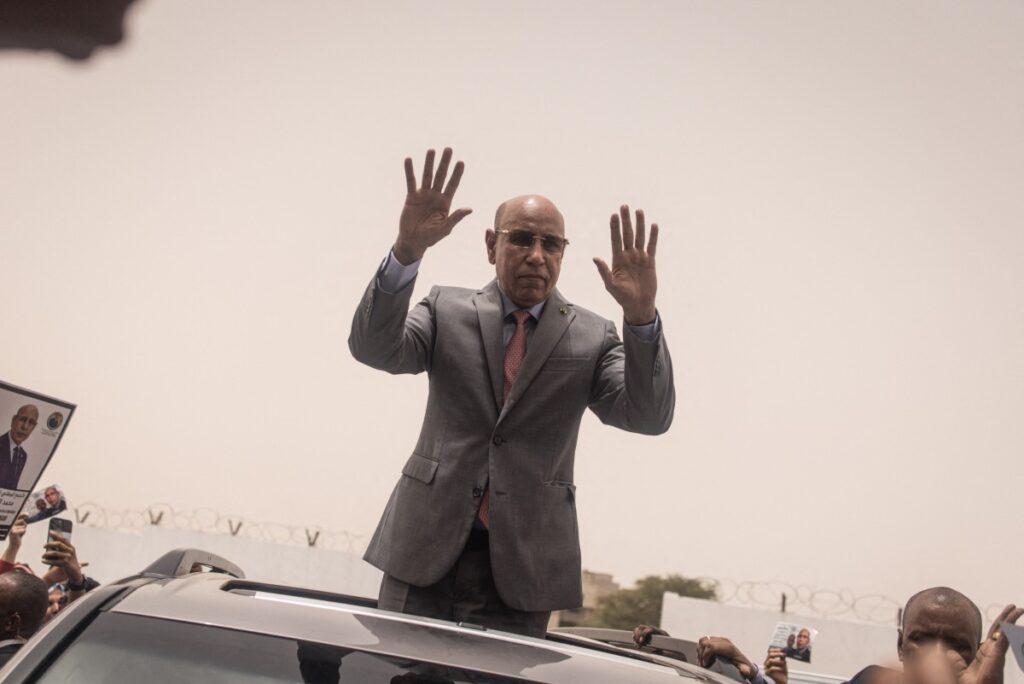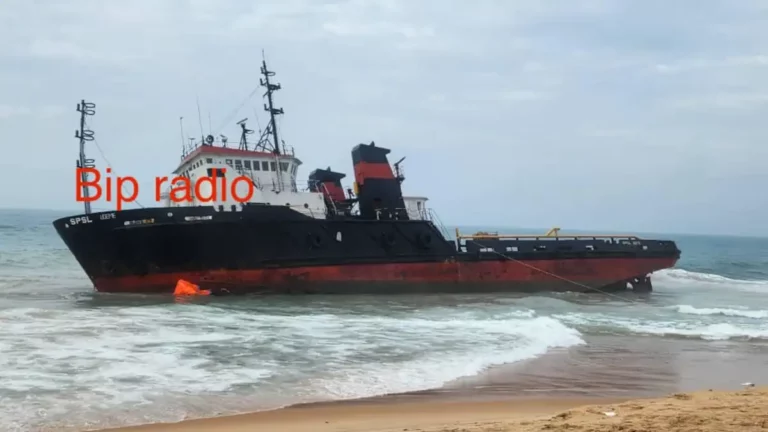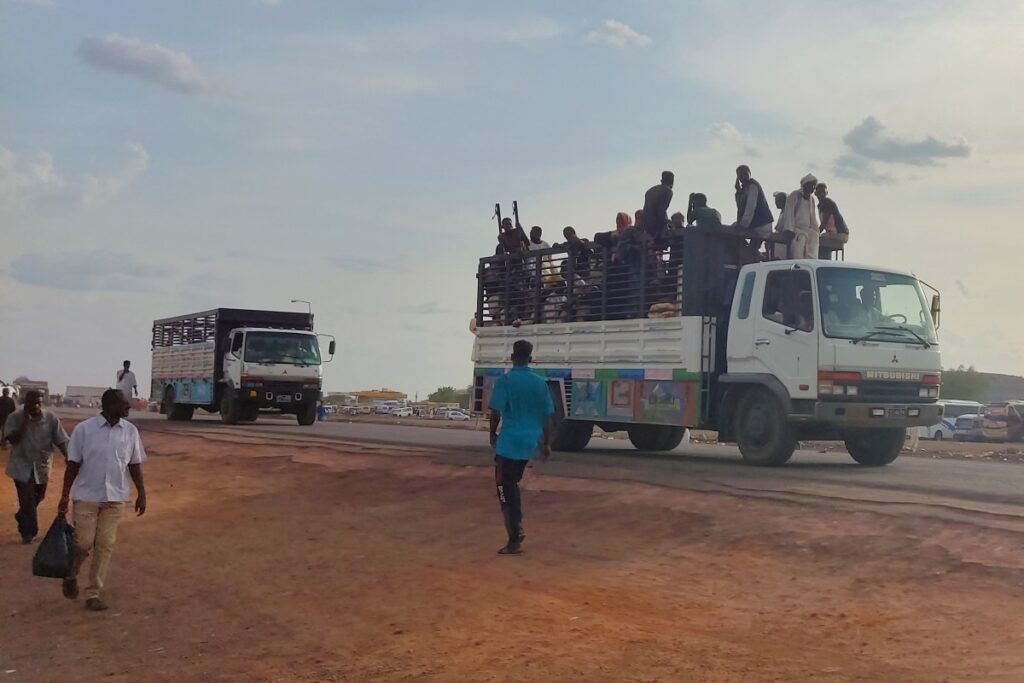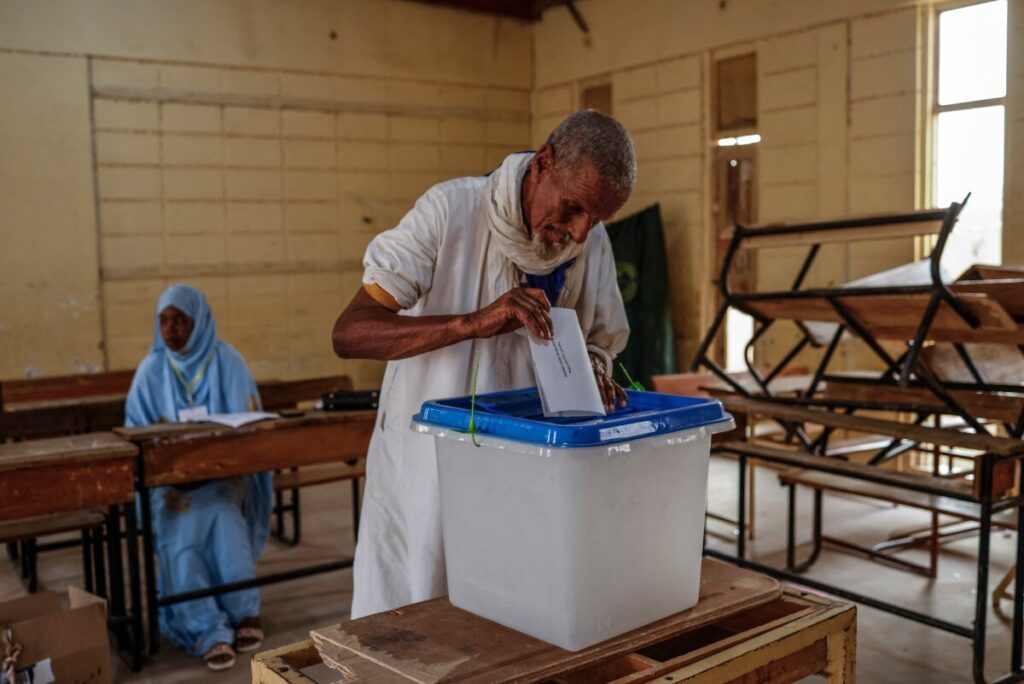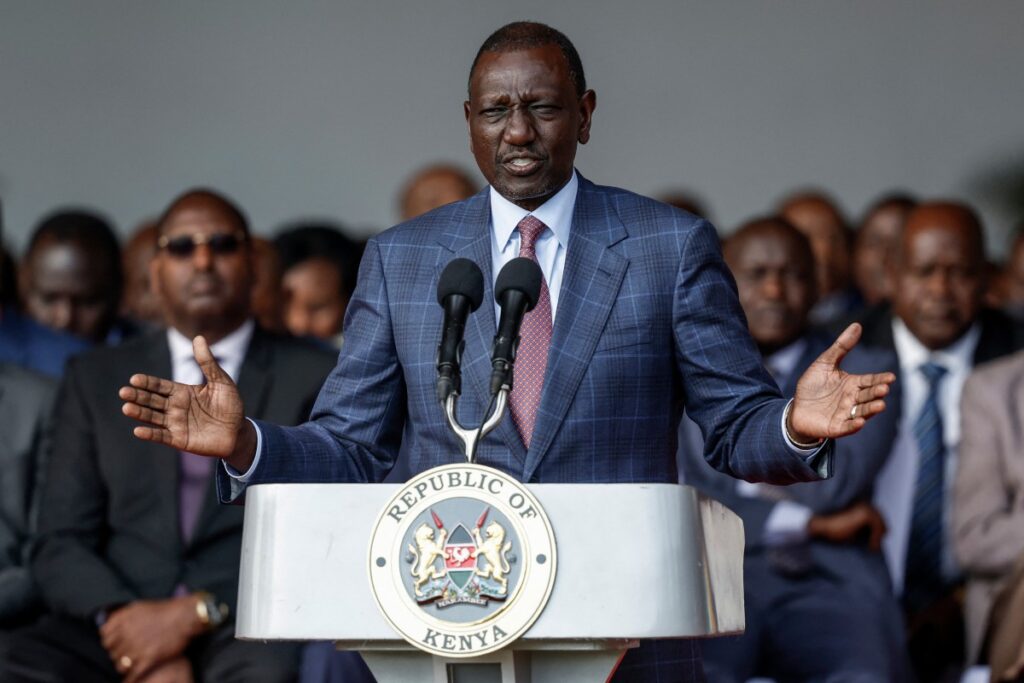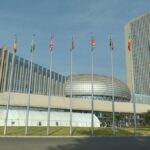
The Office for Strategic Preparedness and Response (OSPRE), Economic Community of West African States (ECOWAS), has launched a Country Resilience and Human Security Assessment.
The assessment aimed at mapping out human security vulnerabilities responsible for conflicts, instability, and disruptions in Nigeria.
The Director of OSPRE, Chris Ngwodo, while speaking at the inception workshop for the commencement of the study, noted that the exercise being undertaken in Nigeria is aimed at mapping human security, vulnerabilities, and resilience factors within the ECOWAS member countries.
He said: “We want to map out the human security vulnerabilities that are engendering conflicts, instability, and disruptions within Nigeria in order to map resilience factors within the areas that are examples of public deviance and are not subject to the same degree of instability, conflicts and crisis.
“Ultimately, our aim is to be able to link policy interventions in the promotion of sustainable peace and development to hardcore evidence-based research.”
The OSPRE director expressed the imperative of understanding some of the complex issues that trigger violence and social instability in the country.
He said: “We want to achieve an understanding of the complex issues that underline conflicts and instability within Nigeria. We want to map the resilience factors that can help us become better at combatting those issues that engender conflicts and strife, and create empirical data that will be used to shape policy interventions by the government.”
He noted that at the end of the study, the goal would be to have a comprehensive portrait of the vulnerabilities, opportunities and resilience factors within the ECOWAS nations.
Ngwodo noted that the study was a sequel to the human vulnerability assessment that was first conducted in 2018, adding that the findings have been useful in establishing early warning systems across West Africa and in Nigeria
He stressed that in the cause of doing the exercise, they have been able to assemble a reputable set of scholars and researchers who have spent their lives interrogating issues of human security, peace and conflict
He disclosed that Nigeria was the first country to undertake the study within West Africa. Consequently, they intend to export the model within the Sub-Region and beyond.
Ngwodo stated that the study was a multi-stakeholder collaborative efforts with ECOWAS Civil Society actors in the country. According to him, the team would be visiting hot spot areas and places that have proven resilient to conflict and strife.
This, he said, was to understand the resilient factors; not just the vulnerabilities or the drivers of conflicts but also, to identify what makes some places resilient in the face of conflicts.

